
The first Swiss upcycling cola to be discovered at SIAL
The company Ecocascara SA, innovator in Europe in the use of water-soluble...
Read this article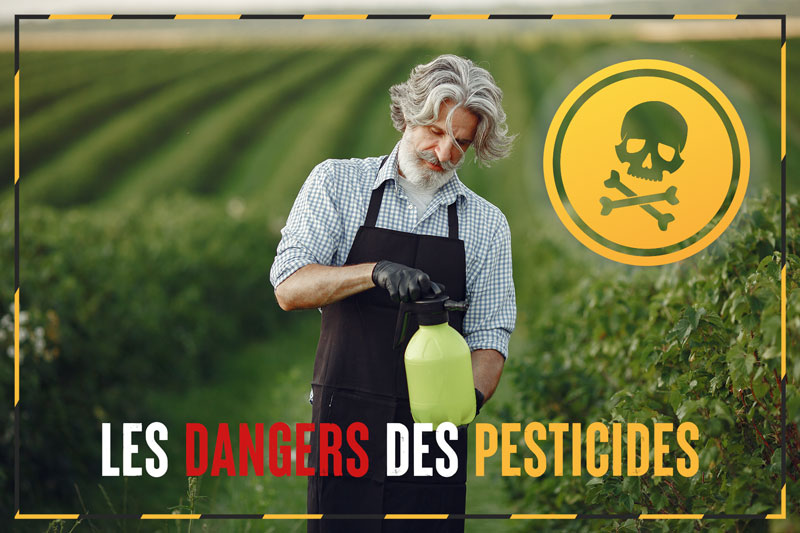
Find out what the dangers of chemical pesticides are and why it is better to choose organic alternatives.
Pesticides are chemical substances that are used to kill living things in crops. Examples include herbicides, insecticides and fungicides, but there are other products against birds, rodents, etc. The aim is to optimise the crop. However, the large producers who use these methods do not care about the negative impact of pesticides on consumer health and the environment. Chemical pesticides are present almost everywhere. They are a danger to both our health and the environment.
Pesticides are everywhere. They can be found in the air, as they volatilize from plants and soil through drift or wind erosion. Also, during spraying, depending on the method of application used, it is estimated that up to 75% of pesticides do not end up on the areas to be treated. These products are used to control weeds, insect pests, fungi, bacteria and other viruses.
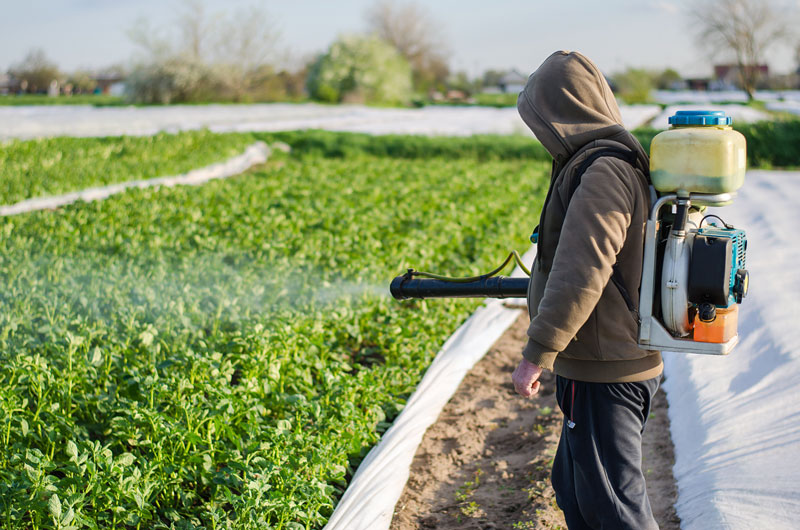
Pesticides are mainly used in the non-organic agricultural sector. However, they are also found in parks and gardens, as communities use them to control aphids and other insects.
Private individuals also use pesticides to maintain their gardens, without realising that these pose a real threat to the environment and to their health. For this reason, it would be better to turn to organic alternatives.
Pesticides are designed to eliminate certain animal and plant species in order to optimise the harvest. Unfortunately, their effects are not limited to the species they are intended to eliminate. Pesticides are also toxic to humans and are highly polluting.
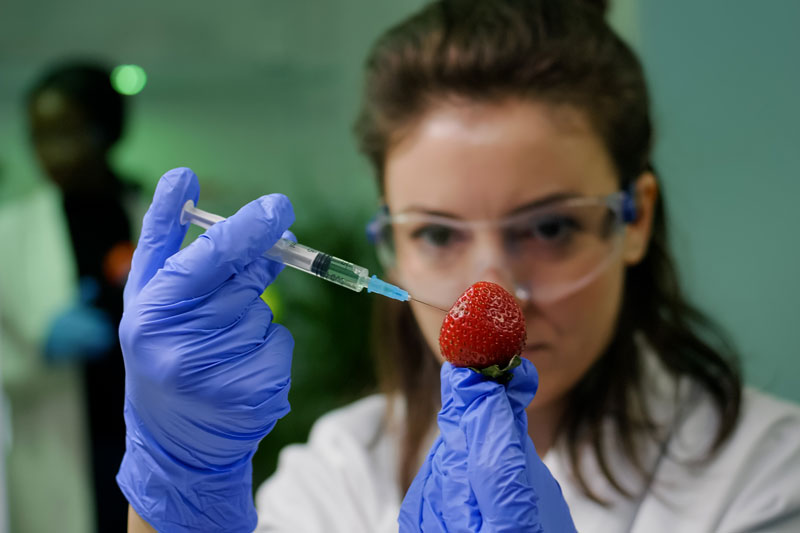
Today, it is quite complicated to quantify the dangers of pesticides on health. They are numerous and many studies are still ongoing. However, some of the dangers are well known.
First of all, even at low doses, pesticides have serious consequences on the human body. In particular, they can alter the quality of sperm and cause infertility in some cases. They can also be responsible for cancers and can even have serious consequences for the foetus if the mother is exposed to them on a regular basis. Spontaneous abortions have even been observed, as well as cases of quite serious foetal malformations.
Pesticides are known to be endocrine disruptors when the poisoning is chronic. That is, if the person has been exposed to low doses over a long period. They are also responsible for neurological disorders such as Parkinson's or Alzheimer's disease. They can also cause diabetes and asthma.
Acute pesticide poisoning has been reported in agricultural settings. This involves exposure to high doses in a short period of time. Poisoning can be fatal in some cases. It can also cause quite serious eye and skin disorders.
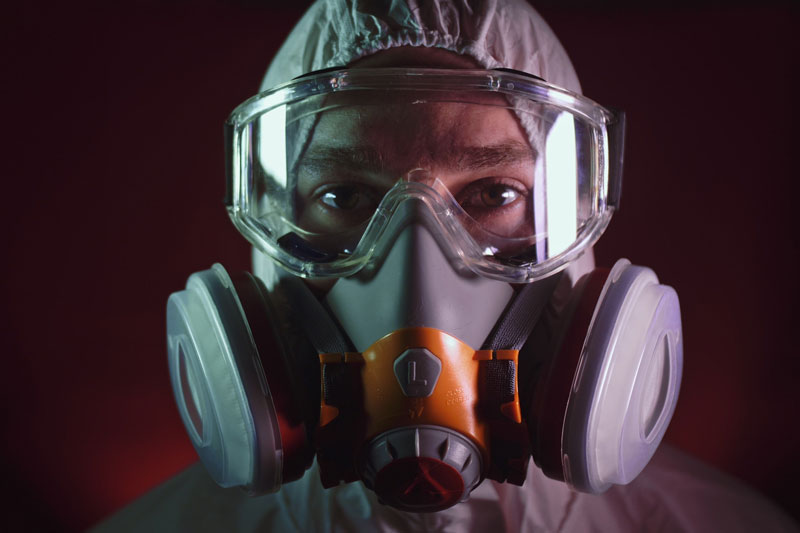
Pesticides that are capable of gassing, those that are most volatile, may well be disseminated by wind and weather conditions. They can then pollute the soil and the air. It should be noted that their effects extend far beyond the area where they were applied. Because of their volatility, the chemical and toxic molecules of pesticides found in the air end up in lakes, rivers and oceans with rainwater. This can greatly harm many species.
The use of chemical pesticides in non-organic crops alters the health and environmental quality of the ocean.
Water molecules are a real vector of pollution, as they can carry chemical and toxic substances. Pesticides that are not degraded and not absorbed by the soil end up in waterways through runoff. The latter flow directly into the oceans and are responsible for a real ecological disaster.
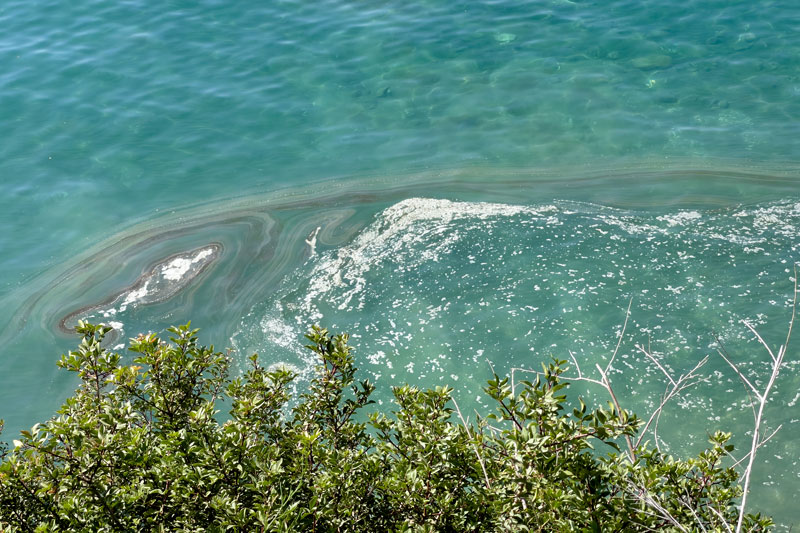
The marine environment is very fragile. Even at low concentrations, pesticides can disturb plankton and thus alter the natural balance of marine ecosystems. Some marine animal and plant species are threatened with extinction because of pesticides found in the oceans
Some rivers are completely polluted and no species can live there anymore. It These are dead ecosystems. In some regions where rivers are the only source of drinking water, entire villages are poisoned by pesticides.
We hope you have found this article useful.
The Cascara Society team

Browse other articles :
The company Ecocascara SA, innovator in Europe in the use of water-soluble...
Read this articleIt is important to know that sugar, in particular glucose, is a...
Read this articleLittering is a worrying phenomenon that causes a lot of environmental pollution....
Read this articleIn order to fight against oxidative stress and ageing...
Read this articleMany people consume zero drinks without realizing it.
Read this articleFood packaging is a real environmental hazard. Strong...
Read this article| Cookie | Duration | Description |
|---|---|---|
| cookielawinfo-checkbox-analytics | 11 months | This cookie is set by GDPR Cookie Consent plugin. The cookie is used to store the user consent for the cookies in the category "Analytics". |
| cookielawinfo-checkbox-functional | 11 months | The cookie is set by GDPR cookie consent to record the user consent for the cookies in the category "Functional". |
| cookielawinfo-checkbox-necessary | 11 months | This cookie is set by GDPR Cookie Consent plugin. The cookies is used to store the user consent for the cookies in the category "Necessary". |
| cookielawinfo-checkbox-others | 11 months | This cookie is set by GDPR Cookie Consent plugin. The cookie is used to store the user consent for the cookies in the category "Other. |
| cookielawinfo-checkbox-performance | 11 months | This cookie is set by GDPR Cookie Consent plugin. The cookie is used to store the user consent for the cookies in the category "Performance". |
| viewed_cookie_policy | 11 months | The cookie is set by the GDPR Cookie Consent plugin and is used to store whether or not user has consented to the use of cookies. It does not store any personal data. |